The small Pacific nation of Tuvalu faces an unprecedented challenge that’s prompting many of its citizens to consider migration to Australia. With a population of just over 11,000 people spread across nine coral atolls, Tuvalu sits barely above sea level, making it one of the world’s most vulnerable countries to climate change impacts.
Rising sea levels, increasing storm intensity, and saltwater intrusion into freshwater supplies are creating conditions that threaten the long-term habitability of these islands. For many Tuvaluans, migration to Australia represents not just an opportunity for better economic prospects, but a necessary step to secure their families’ futures.
Australia’s geographical proximity, established Pacific migration programs, and historical ties with Pacific Island nations make it a natural destination for Tuvaluans seeking relocation. Understanding the factors driving this migration helps illuminate both the human cost of climate change and the practical challenges faced by small island developing states.
Climate Change Creates Urgent Migration Pressures
Tuvalu’s elevation averages just two metres above sea level, making it extremely vulnerable to rising oceans. The Intergovernmental Panel on Climate Change projects sea levels could rise by up to one metre by 2100, which would submerge significant portions of Tuvalu’s land area.
King tides regularly flood low-lying areas, contaminating freshwater supplies and damaging crops. These flooding events have become more frequent and severe, disrupting daily life and threatening food security. Many families report that their traditional cultivation areas can no longer support crops due to saltwater contamination.
Coastal erosion continues to claim land, with some areas losing several metres of shoreline annually. This forces families to relocate within the islands and reduces the already limited space available for housing and agriculture.
The psychological impact of these environmental changes cannot be understated. Many Tuvaluans describe feeling helpless watching their homeland gradually disappear, creating additional motivation to seek stability elsewhere.
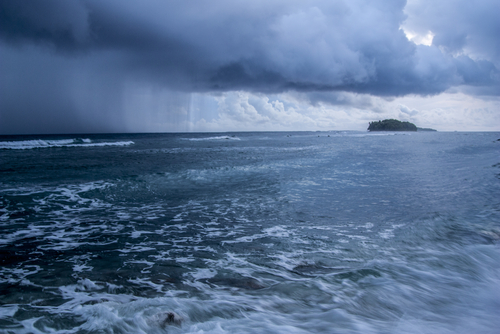
Limited Economic Opportunities Drive Migration Decisions
Tuvalu’s economy relies heavily on fishing, subsistence agriculture, and remittances from overseas workers. The small domestic market and geographic isolation limit job creation and business development opportunities.
Government employment provides the most stable income sources, but positions are limited relative to the population. Many educated young people find few career advancement opportunities within Tuvalu’s small economy.
The fishing industry, while culturally significant, faces pressure from climate change impacts and international competition. Traditional fishing grounds are changing as ocean temperatures rise and marine ecosystems shift.
Australia’s robust economy and established Pacific Islander communities offer employment opportunities that simply don’t exist in Tuvalu. Many migrants find work in sectors like construction, agriculture, healthcare, and hospitality, earning wages that allow them to support extended family members remaining in Tuvalu.
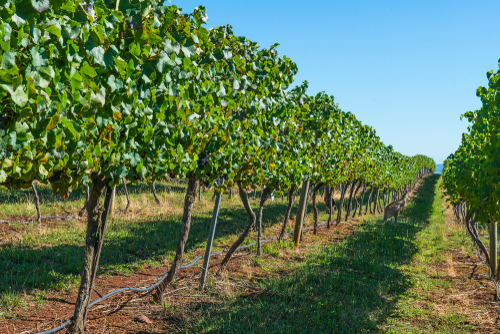
Australia’s Pacific Migration Programs Provide Pathways
Australia operates several programs specifically designed to facilitate Pacific Islander migration. The Pacific Australia Labour Mobility (PALM) scheme allows Tuvaluans to work temporarily in Australia’s agricultural and accommodation sectors.
These programs provide structured pathways for legal migration while addressing Australia’s labour shortages in specific industries. Workers can gain valuable skills and earn Australian wages while maintaining connections to their home communities.
The Seasonal Worker Programme enables shorter-term migration for agricultural work, allowing Tuvaluans to earn income during specific seasons before returning home. This arrangement helps families maintain their connection to Tuvalu while accessing economic opportunities.
Family reunion provisions allow Tuvaluans already residing in Australia to sponsor relatives for permanent migration. This creates chain migration patterns where initial migrants help establish pathways for extended family members.
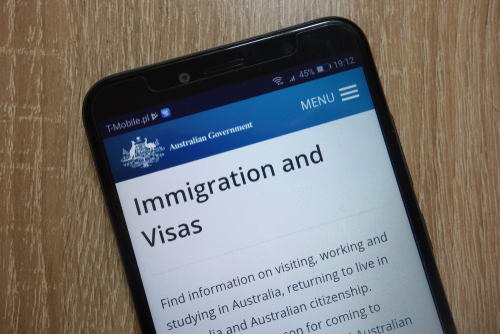
Cultural and Educational Factors Influence Migration
Australia’s multicultural society and established Pacific Islander communities provide cultural support networks for Tuvaluan migrants. Cities like Brisbane and Sydney host significant Pacific Islander populations, offering familiar cultural connections.
Educational opportunities in Australia far exceed those available in Tuvalu. Many families migrate specifically to provide their children with access to universities and vocational training programs that don’t exist in their home country.
English language proficiency gives Tuvaluans advantages in integrating into Australian society. As a former British colony, Tuvalu maintains English as an official language, reducing language barriers that might affect other migrant groups.
Religious connections also play a role, as many Tuvaluans belong to Christian denominations with established congregations in Australia. These religious communities often provide practical support for new migrants.
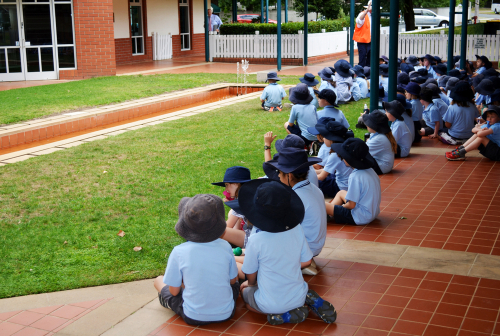
Healthcare Access Motivates Migration
Tuvalu’s healthcare system faces significant limitations due to its small population and geographic isolation. The country has limited medical specialists and lacks facilities for treating complex conditions.
Serious medical emergencies often require expensive medical evacuation to Australia or New Zealand. For families facing chronic health conditions, migration to Australia provides access to comprehensive healthcare systems.
Australia’s Medicare system, while not immediately accessible to new migrants, eventually provides healthcare coverage that far exceeds what’s available in Tuvalu. This healthcare access becomes particularly important for families with elderly members or children with special needs.
Mental health services, virtually non-existent in Tuvalu, are available through Australia’s healthcare system. Given the psychological stress of climate change impacts and migration decisions, access to mental health support becomes increasingly important.
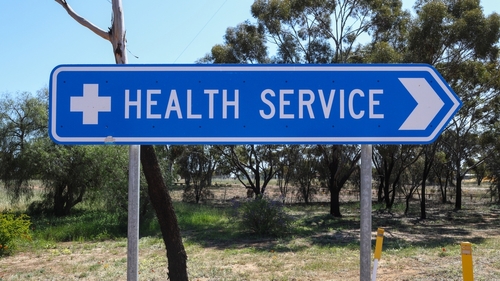
Challenges and Barriers to Migration
Despite the motivations for migration, Tuvaluans face significant barriers in relocating to Australia. Visa requirements can be complex and expensive relative to local income levels.
The emotional cost of leaving family and cultural connections weighs heavily on migration decisions. Many Tuvaluans describe feeling torn between practical necessity and cultural attachment to their homeland.
Housing costs in Australian cities can be prohibitive for new migrants. Even with employment opportunities, finding affordable accommodation near work and Pacific Islander communities presents ongoing challenges.
Professional qualification recognition can limit career advancement for skilled Tuvaluans. Teachers, healthcare workers, and other professionals often need additional training or certification to work in their fields in Australia.

Frequently Asked Questions
What visa options are available for Tuvaluans wanting to migrate to Australia?
Tuvaluans can apply through various visa categories including skilled migration visas, family reunion visas, and temporary work visas through programs like PALM. Each category has specific requirements and processing times.
Does Australia have special provisions for climate migrants?
While Australia doesn’t have specific climate refugee visas, it participates in Pacific migration programs that acknowledge the unique challenges facing Pacific Island nations, including climate change impacts.
How long does the migration process typically take?
Processing times vary significantly depending on the visa category. Temporary work visas through PALM can be processed within months, while permanent migration visas may take several years.
What support services are available for Tuvaluan migrants in Australia?
Australia provides settlement services for new migrants, including English language classes, job placement assistance, and community orientation programs. Pacific Islander community organisations also offer cultural support.
Can Tuvaluans maintain dual citizenship?
Tuvalu allows dual citizenship, so migrants can maintain their Tuvaluan citizenship while becoming Australian citizens. This helps preserve cultural connections and provides flexibility for future decisions.